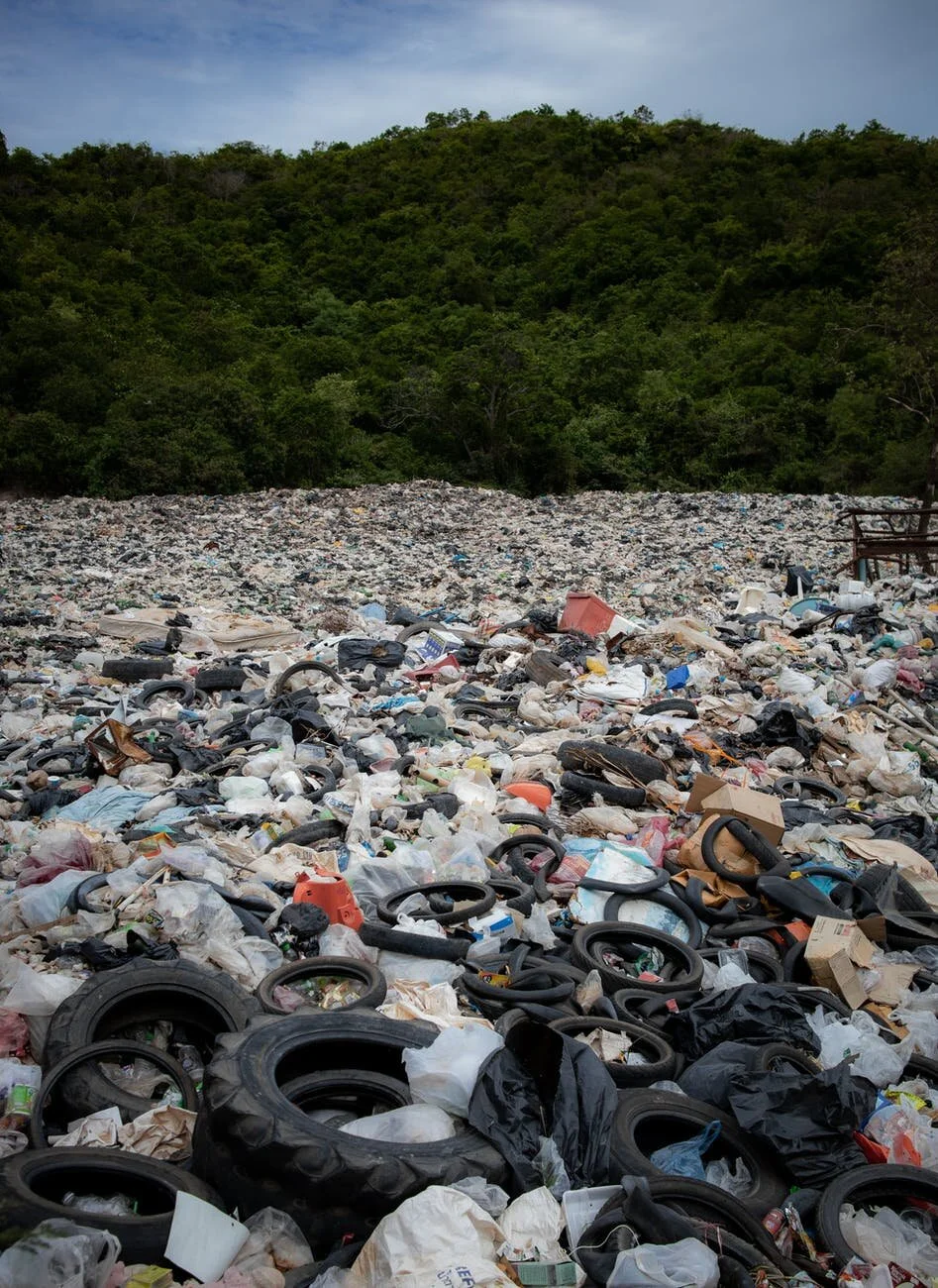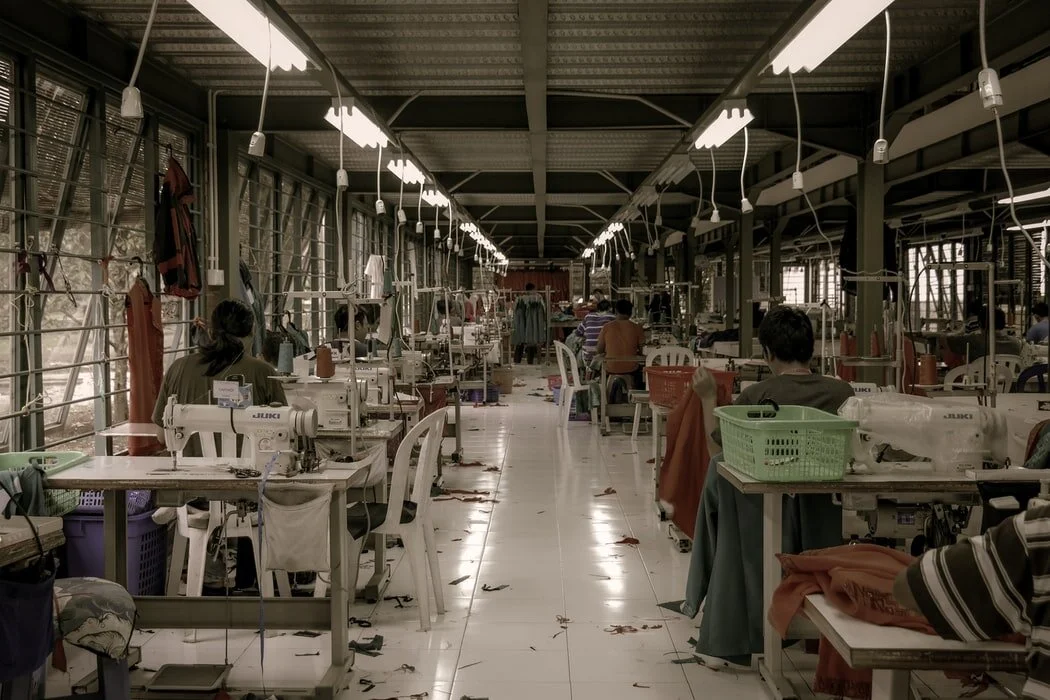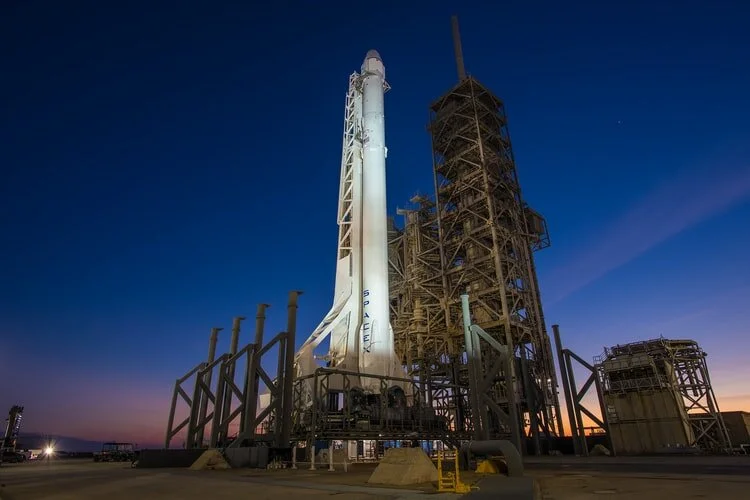High Seas Impact
Utilising some 51,600 vessels the Maritime Transport Industry (MTI) is responsible for the distribution of some 11 billion tonnes of cargo a year, equivalent to 90% of world trade. Approximately 30% comprises tanker trade (e.g. crude oil, gas, chemicals etc.), another 30% comprises main bulk (e.g. iron ore, grain, coal, phosphate etc.) and the remaining 40 per cent comprises other dry cargo (e.g. containers etc.). It’s fair to say the Maritime Transport Industry sector fuels world economic growth.
It’s also fair to say there’s a perception that shipping is not only the cheapest form of transportation but also the most sustainable. However, once you consider MTI’s contribution to climate change, air pollution, marine pollution, spread of invasive species and exploitation of human rights, perceptions on costs and sustainability shift. Consider:
- Climate Change: MTI contributes to c. 3% of global greenhouse gas (GHG emissions) and c. 8% of global transportation emissions, equal to c. 1 billion tonnes of CO2e per annum (more than the UK, France & Italy combined). Using a conservative unit external cost of CO2e, equal to GBP 70, MTI’s GHG emissions impose a societal cost of GBP 70 billion
- Air Quality: MTI particulate (PM) emissions are responsible for approximately 60,000 cardio-pulmonary and lung cancer deaths annually, with most deaths occurring near coastlines in Europe, East Asia and South Asiai. If we assume that these deaths are premature and using a unit external (welfare) cost of premature death equal to GBP 2.48 million, MTI’s PM emissions impose a societal cost of GBP 149 billion. Add to this the external cost of MTI’s emission of SOX and NOX equal to GBP 409 billion and the conservatively estimated total external cost of MTI’s contribution to reduced air quality, globally, equals GBP 558 billion.
- Water Quality: MTI contributes to marine pollution via five main sources: (i) Wastewater Discharges from Bilge Separators – an estimated 62 million tonnes of bilge wastewater are released in the sea every year; (ii) Accidental Oil Spills due to Operational Activities – an estimated 142 tonnes of oil are accidentally released by tankers every year; (iii) Wastewater Discharges from Cargo Tanks Cleaning with Seawater-Based Process – an estimated 7 million tonnes of wastewater from tank cleaning and approximately 1,500 tonnes of oil are legally discharged every year; (iv) Grey and Black Wastewater Discharges – an estimated 46,000 tonnes of organic matter and 9,000 tonnes of nitrogen & phosphorous substances are legally discharged every year; and (v) Ballast Water Discharges – an estimated 12 billion tonnes of ballast water (harbouring invasive species and pathogens) are released in the sea every year. In combination these marine pollutants impose an estimated societal cost equal to GBP 666 million.
Therefore, these conservative estimates, excluding the external costs associated with other human health and wellbeing impacts experienced by seafarers and shipbreakers, in total equal GBP 628 billion per year or GBP 571 per cargo tonne per year.
So, what can and is being done to mitigate and reduce these impacts? From a regulatory point of view, today’s maritime laws manifest from the perennial tensions between nation state self-interest and the standard harmonisation and ‘high seas’ governance efforts of the UN’s International Maritime Organisation (IMO). The efficacy of this governance structure is worth further exploration, but it’s somewhat telling the IMO has so far failed to adopt greenhouse gas reduction measures that set the MTI sector on a pathway compatible with the temperature goals of the Paris Agreement. From a voluntary perspective, the Sustainable Shipping Initiative aims to accelerate the MTI’s sustainable development through cross-sectoral collaboration, and the Poseidon Principles and Green Bond movement aim to tie financing needs to reduced greenhouse gas emissions and improved environmental performance.
However, despite the progress, what remains lacking is the ability to forge the links between societal impact and future financial performance i.e. the ‘value at stake’ from a ship operator’s day to day societal impacts. To forge this link and surface the ‘value at stake’ Route2 has developed Value2SocietyTM.
Value2SocietyTM enables ship owners to quantify impacts (throughout the value chain), assign values to these impacts and quantitively comprehend the ‘value at stake’. The framework delivers an integrated business strategy and sustainability agenda that delivers financial returns whilst dramatically improving environmental performance, enhancing the well-being of employees and systematically contributing to the UN’s Sustainable Development Goals.
Route2 delivers unique insights into the total impact of business activities. We offer businesses expert advice and analysis about historical and future performance. Our services (coined Value2Society) strengthen decision making, establish competitive advantage and enhance the value business delivers to society.
To find out more, email us at info@route2.com or phone +44 (0) 208 878 3941
Follow our social media to never miss a post:












